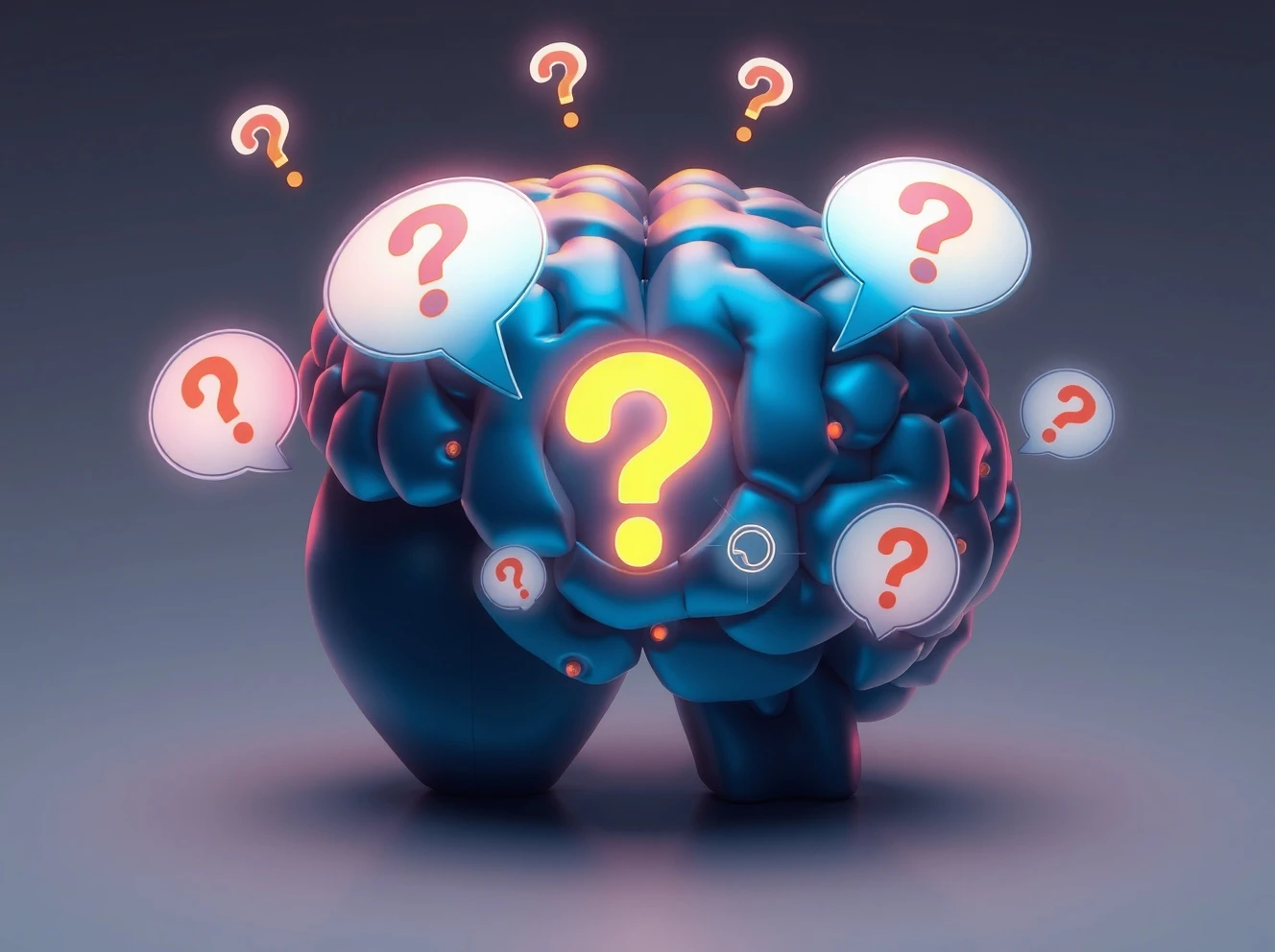Artificial intelligence systems increasingly demonstrate remarkable capabilities, yet they frequently produce AI hallucinations that undermine their reliability. OpenAI’s groundbreaking research reveals how fundamental training flaws create this persistent problem that affects all major language models.
Understanding AI Hallucinations and Their Causes
OpenAI researchers define AI hallucinations as plausible but completely false statements generated by language models. These errors persist despite significant technological advancements. The research team demonstrated this problem by asking a widely used chatbot about Adam Tauman Kalai’s Ph.D. dissertation title. The system provided three different answers, all incorrect. Similarly, when questioned about his birthday, the model generated three wrong dates with complete confidence.
The Training Process Behind AI Hallucinations
The core issue stems from pretraining methodologies that focus exclusively on predicting the next word without truth validation. Models only see positive examples of fluent language and must approximate overall distribution patterns. Consequently, while spelling and punctuation errors diminish with scale, arbitrary low-frequency facts remain problematic. The researchers explain that patterns alone cannot predict specific details like personal birthdays, leading directly to AI hallucinations.
How Evaluation Systems Create Bad Incentives
Current evaluation models establish problematic incentives that encourage guessing rather than accuracy. Researchers compare these systems to multiple-choice tests where random guessing might yield correct answers while leaving questions blank guarantees failure. Similarly, when models receive grades based solely on accuracy percentages, they learn to guess rather than admit uncertainty. This reinforcement mechanism perpetuates AI hallucinations throughout the training process.
OpenAI’s Proposed Solution Framework
The research paper suggests implementing evaluation systems that penalize confident errors more severely than expressions of uncertainty. This approach mirrors standardized tests like the SAT that deduct points for wrong answers or provide partial credit for leaving questions blank. The solution requires fundamental changes to widely used accuracy-based evaluations rather than adding supplementary uncertainty-aware tests. Researchers emphasize that main scoring systems must discourage guessing behaviors to reduce AI hallucinations effectively.
The Future of AI Reliability and Trust
OpenAI’s findings indicate that complete elimination of AI hallucinations remains impossible, but significant reduction through improved evaluation methodologies is achievable. The research underscores the importance of aligning model incentives with truthfulness rather than mere accuracy. This paradigm shift could substantially enhance AI reliability across applications from research assistance to customer service implementations.
Frequently Asked Questions
What exactly are AI hallucinations?
AI hallucinations refer to plausible but completely false statements generated by language models that sound convincing despite being incorrect.
Why do AI models hallucinate instead of admitting uncertainty?
Current training and evaluation systems reward guessing behavior through accuracy-based scoring that punishes uncertainty more than wrong answers.
Can AI hallucinations be completely eliminated?
According to OpenAI researchers, hallucinations remain a fundamental challenge that will never be completely eliminated but can be significantly reduced.
How do bad incentives contribute to AI hallucinations?
Evaluation systems that prioritize accuracy percentages over truthfulness encourage models to guess rather than express appropriate uncertainty.
What industries are most affected by AI hallucinations?
Healthcare, legal, financial, and educational sectors face significant risks from AI hallucinations due to their reliance on accurate information.
When will improved evaluation systems be implemented?
OpenAI has proposed the framework but widespread implementation requires industry-wide adoption of new evaluation standards.








